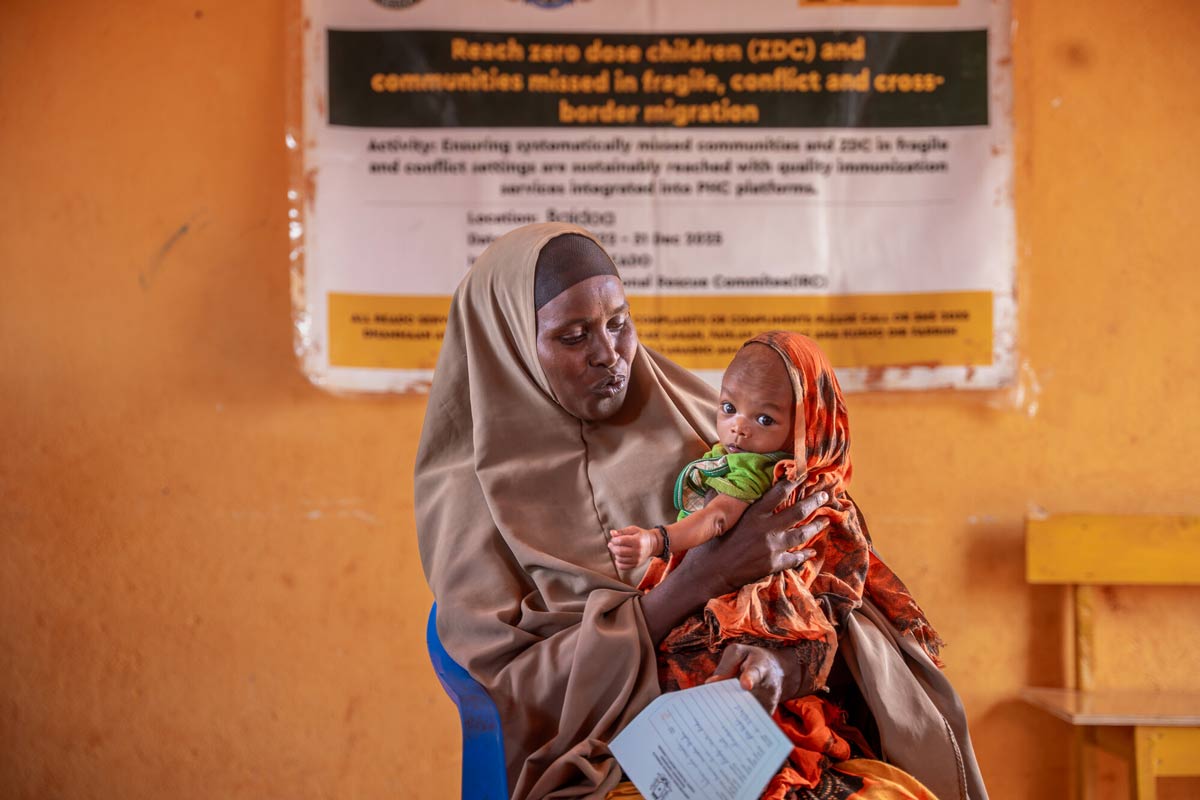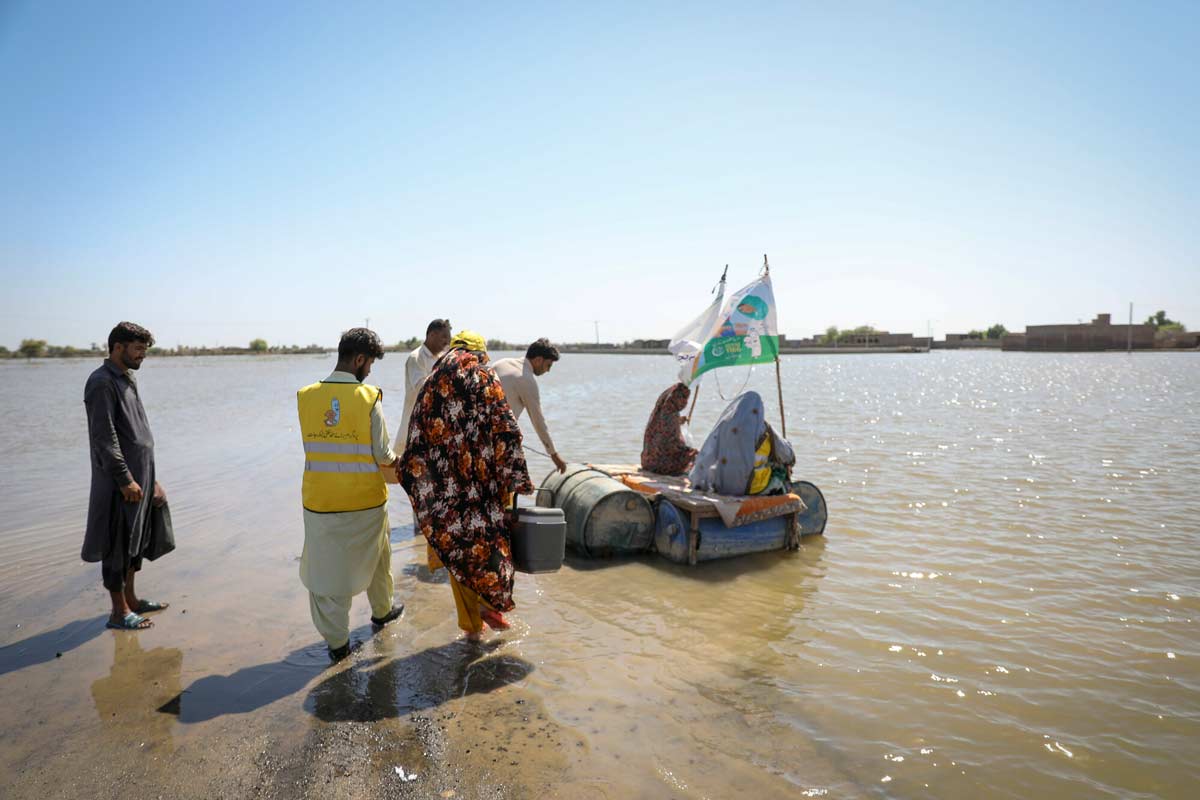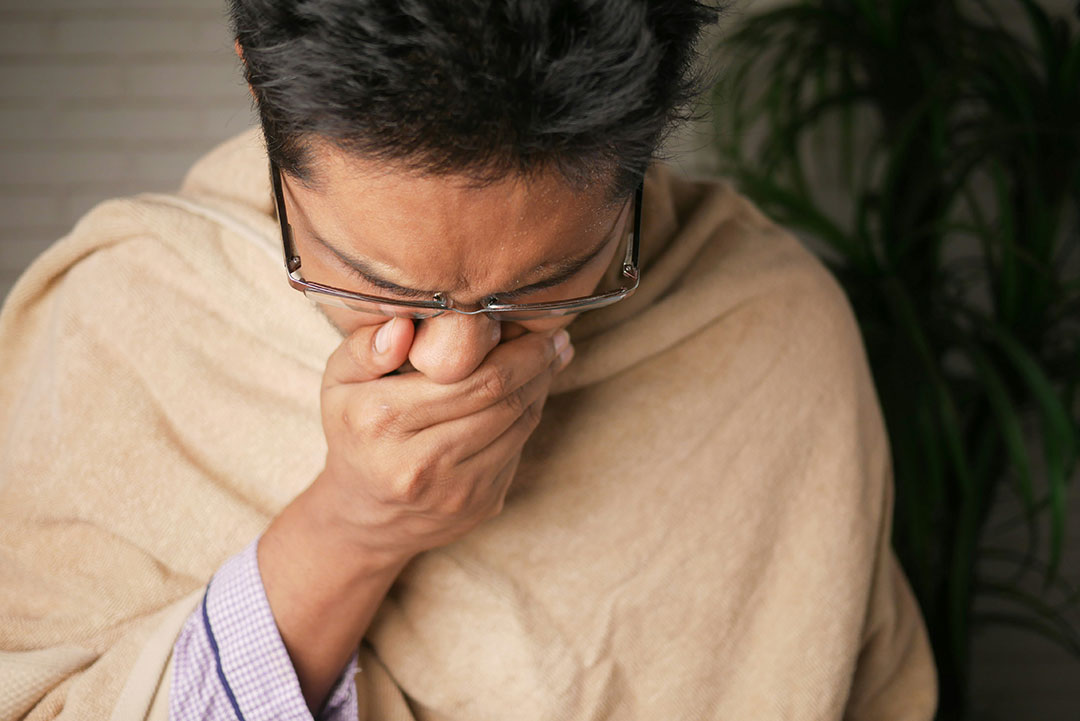The year in 12 VaccinesWork articles
From progress on the world’s first malaria vaccine to the impact of climate change on our health, here’s a rundown of some of our favourite stories of 2023.
- 21 December 2023
- 4 min read
- by James Fulker
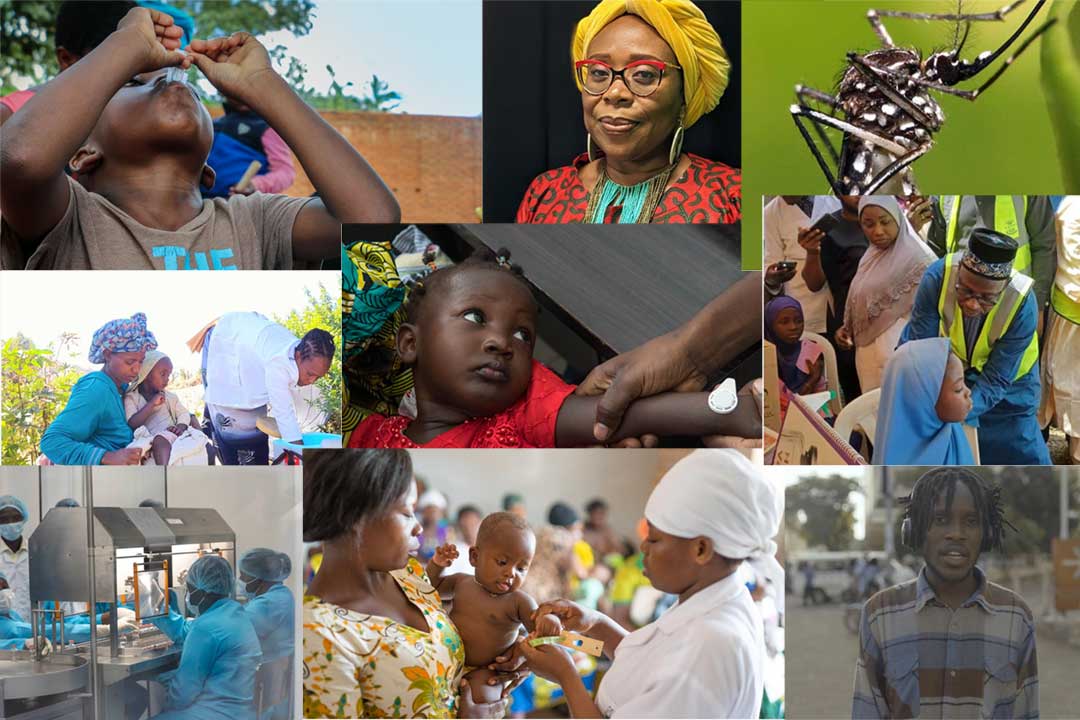
January: Malawi's worst cholera epidemic in decades sparks massive demand for vaccines
The year began with cholera spreading in the slums of Blantyre, Malawi. An emergency vaccination campaign helped quell the outbreak, but thousands succumbed to the disease. "The departed were part of us; we shared many things in this community," local resident Esmie Mwanga told VaccinesWork. 2023 saw cholera outbreaks exploding across the globe, with vaccination campaigns helping to contain the impact from South Sudan to Bangladesh, Ethiopia to Lao PDR.
February: No mountain high enough: Ethiopian vaccinators climb to reach missed-out children
In February, we followed health workers in Ethiopia's mountainous Ambassel district as they trekked for five hours to reach unimmunised communities. This year, VaccinesWork profiled many such efforts to reach the hardest to reach, from the peaks of the Himalayas to the slums of Cameroon.

Credit: Solomin Yimer
March: "I felt I was in an ice-cube – I was having an out-of-body experience": Karen Nakawala on her battle with cervical cancer
One of our main focuses of 2023 was the revitalisation of HPV vaccination programmes across the world. Zambian broadcaster and cervical cancer survivor Karen Nakawala told VaccinesWork in moving detail why this vaccine, which protects against the leading cause of cervical cancer, is so vital.
April: What happens when you don't recover from Epstein-Barr virus?
The "mysterious' Epstein-Barr virus garnered renewed interest in 2023 as experts began to see emerging similarities with Long COVID. VaccinesWork writer and former EBV sufferer Priya Joi wrote about her experience of the virus and emerging research on its causes and effects.
May: Goodbye syringe? Measles and rubella patch demonstrates its worth in Gambia vaccine trial
Could we be on the verge of a vaccine revolution? In May, new research showed promising results for the effectiveness of vaccine patches, which offer protection without the need for syringes. Easy to deliver, store and administer, these could be a game-changer in the effort to increase access to vaccination worldwide.
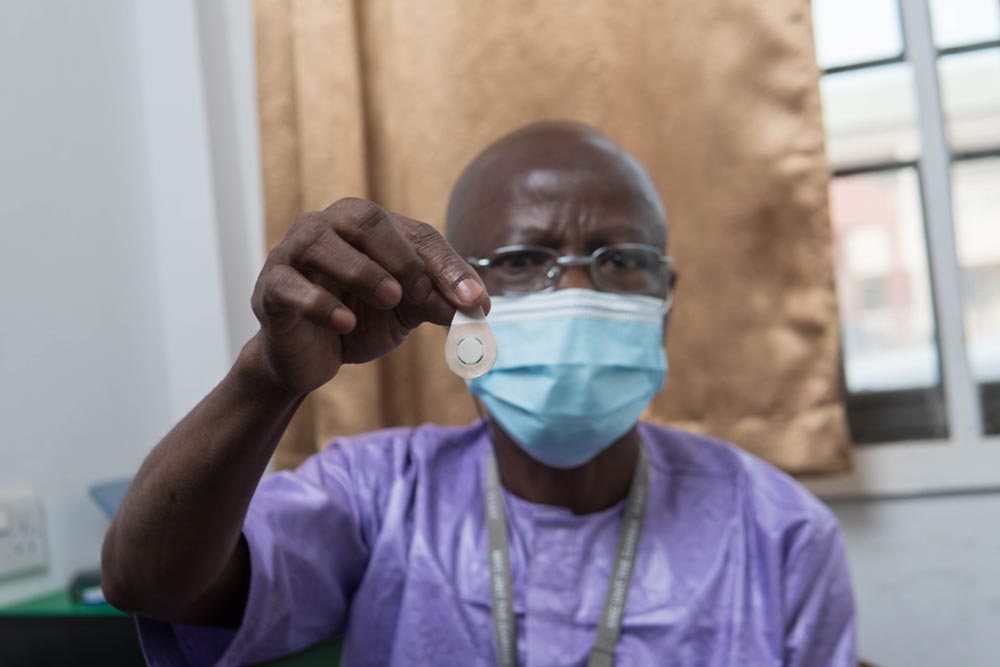
June: The poetry of prevention
To mark Gavi's Global Vaccine Impact Conference in Madrid, VaccinesWork asked poets from around the world to give their thoughts on what vaccines mean to them. We couldn't have hoped for a more moving and thought-provoking result.
July: Hope spreads as 18 million doses of the first malaria vaccine are allocated to 12 African countries
One of the year's most important stories was the gradual progress of malaria vaccines from the pilot stage to wide-scale roll-out. Gavi will fund their introduction into routine immunisation programmes from early 2024, and the pilot programmes have already demonstrated the impact they could make. As Mary Ann, a mother living on the Kenyan shores of Lake Victoria who took part in these pilots, told VaccinesWork, "Malaria isn't so big of an issue now, thanks to the vaccine."
August: Zika, dengue transmission expected to rise with climate change
Another of the year's major stories was the increasing impact of climate change on our health. As well as increasing cholera outbreaks, VaccinesWork looked at how climate change is fuelling diseases from Lassa fever, to fungal disease, to malaria.

Image by Felipe Fittipaldi/Wellcome Photography Prize 2019 via Wikimedia Commons (CC BY 4.0).
September: Seven things you need to know about Nipah virus
September saw another climate change-linked disease – deadly Nipah virus – strike Kerala, India, raising concern among experts. The region's health authorities, however, were able to contain the outbreak swiftly and effectively.
October: How Africa defeated meningitis A
For this year's World Meningitis Day, VaccinesWork's Linda Geddes took a look at one of the biggest health success stories so far this century: the Africa-led effort to contain and eradicate meningitis A across Africa's meningitis belt. A true testament to the power of cooperation and the power of vaccines.
November: Nigeria's HPV jab roll-out gathers momentum as wary mothers come aboard
One of the year's most important vaccine introductions, in October Nigeria introduced the HPV vaccine into its routine vaccination schedule, meaning millions of girls across the country would receive the lifesaver for free. In November, VaccinesWork took a look at how the historic roll-out was progressing.
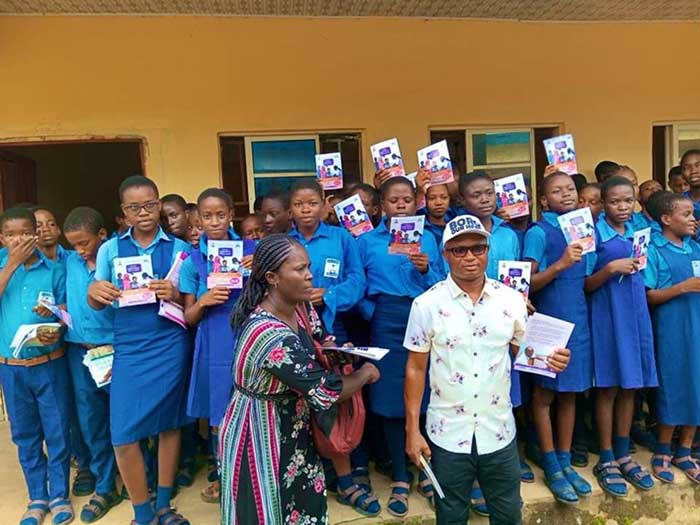
Credit: Eric Dumo
December: African Vaccine Manufacturing Accelerator: breaking the cycle of disadvantage
In December, Gavi made one of its most important announcements of the year: the approval of a new US$ 1 billion Accele rator to help African manufacturers to produce more vaccines on the continent. Special Adviser to the Gavi Board's EMRO constituency, Zaeem Ul Haq, told VaccinesWork why this decision was so important to him.
